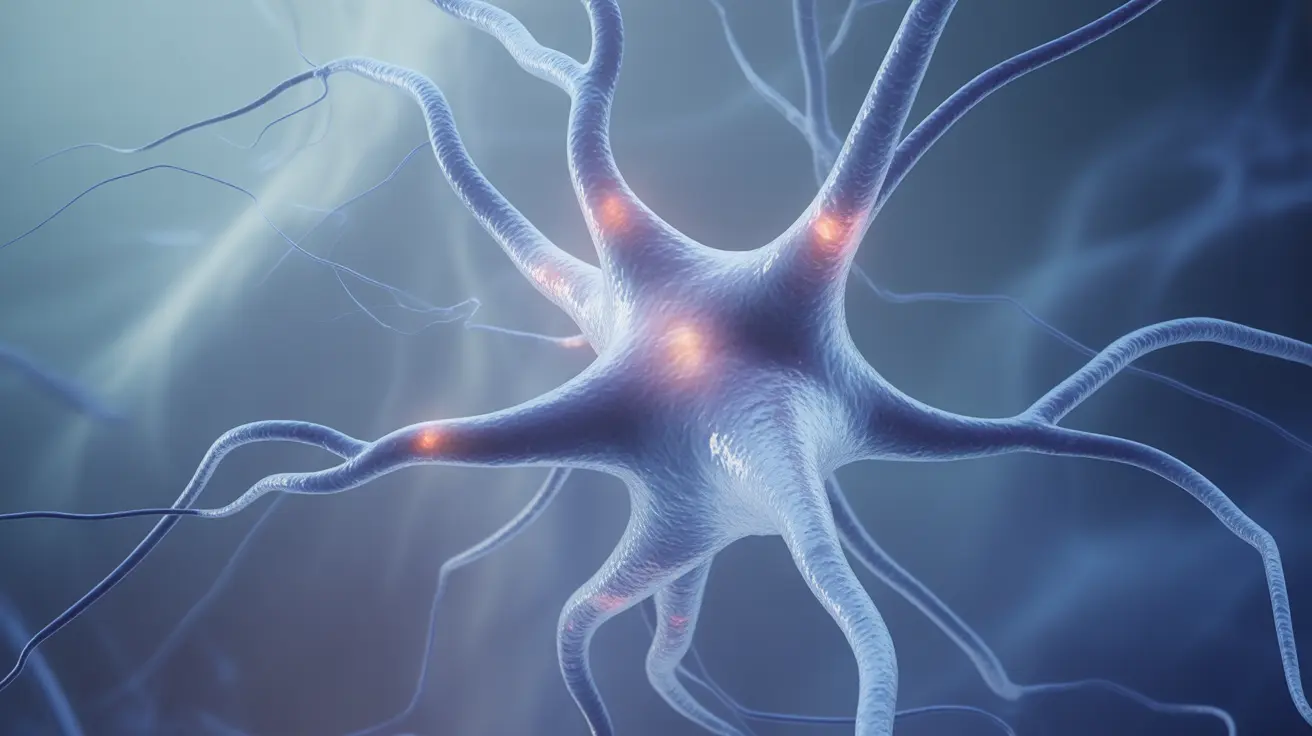The relationship between sugar consumption and anxiety has become a growing concern in mental health research. While many people turn to sugary foods for comfort during stressful times, this habit might actually be making anxiety symptoms worse. Understanding how sugar affects our mental well-being is crucial for making informed dietary choices that support emotional health.
Recent scientific evidence suggests that the connection between sugar and anxiety involves complex interactions with our brain chemistry, blood sugar levels, and stress response systems. Let's explore this relationship in detail and discover how dietary changes can help manage anxiety symptoms.
How Sugar Impacts Your Brain and Anxiety Levels
When you consume sugar, your body experiences a rapid spike in blood glucose levels, followed by an equally dramatic crash. This blood sugar roller coaster can trigger or worsen anxiety symptoms in several ways:
- Physical symptoms that mirror anxiety
- Increased stress hormone production
- Disrupted neurotransmitter balance
- Inflammation in the brain
- Compromised gut-brain communication
The immediate effects of sugar consumption can include jitteriness, racing thoughts, and increased heart rate – symptoms that closely resemble anxiety. Over time, frequent sugar consumption can lead to chronic inflammation and altered brain chemistry, potentially making you more susceptible to anxiety disorders.
The Long-Term Effects of High Sugar Consumption on Mental Health
Regular consumption of excessive sugar can have lasting impacts on your mental well-being:
- Increased risk of mood disorders
- Compromised stress response
- Potential cognitive decline
- Disrupted sleep patterns
- Chronic inflammation
These long-term effects can create a cycle where anxiety symptoms become more frequent and intense, leading some people to seek comfort in sugary foods, thus perpetuating the problem.
Breaking Free: How to Reduce Sugar and Manage Anxiety
Natural Alternatives to Sugar
Instead of reaching for sugary snacks, consider these anxiety-friendly alternatives:
- Fresh fruits for natural sweetness
- Complex carbohydrates like whole grains
- Protein-rich foods
- Healthy fats from nuts and seeds
- Herbal teas for comfort
Practical Steps for Sugar Reduction
Reducing sugar intake doesn't have to be overwhelming. Start with these manageable steps:
- Read food labels carefully
- Choose whole, unprocessed foods
- Gradually decrease sugar consumption
- Plan meals and snacks ahead
- Stay hydrated with water
Managing Sugar Withdrawal Symptoms
When reducing sugar intake, you might experience temporary symptoms such as mood changes, cravings, and increased anxiety. These typically peak within the first few days and gradually improve. Supporting your body during this transition is crucial for success.
Frequently Asked Questions
How does sugar consumption affect my anxiety levels, and what are the long-term effects on my mental health?
Sugar consumption can immediately trigger anxiety-like symptoms through blood sugar fluctuations and stress hormone release. Long-term effects include chronic inflammation, altered brain chemistry, and increased risk of persistent anxiety and mood disorders.
What are some natural alternatives to sugary foods that can help manage stress and anxiety?
Natural alternatives include complex carbohydrates, fruits, nuts, seeds, and protein-rich foods. These options provide steady energy and support neurotransmitter production for better mood regulation.
Can a high-sugar diet increase my risk of developing depression, and if so, how?
Yes, a high-sugar diet can increase depression risk by causing chronic inflammation, disrupting brain chemistry, and affecting the gut-brain axis. Regular sugar consumption can also lead to insulin resistance, which is linked to increased depression risk.
How does withdrawing from sugary foods impact my mood and anxiety symptoms, and what are the best strategies for managing these changes?
Sugar withdrawal can temporarily increase anxiety and mood fluctuations. Manage these changes by gradually reducing sugar intake, staying hydrated, eating regular balanced meals, and engaging in stress-reducing activities like exercise and meditation.
What dietary changes can I make to reduce anxiety and improve my overall mental wellbeing?
Focus on whole foods, increase protein and healthy fat intake, incorporate complex carbohydrates, and maintain regular meal times. Also, ensure adequate hydration and consider supplementing with magnesium and B-vitamins under medical supervision.




